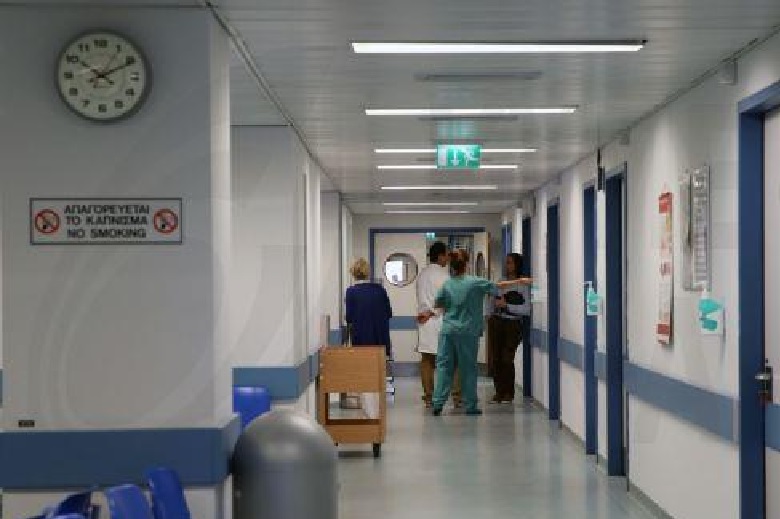A few weeks ago, everyone marked the four years of the national health scheme Gesy, the only public institution that is afforded a birthday celebration every year. We very much doubt that anyone will mark the anniversary of the authority against corruption or any other institution for that matter.
A scheme which offers free healthcare to everyone, has justifiably been embraced by the public and has been described as one of the greatest achievements of our society. Gone are the days when people were counting their money before visiting a doctor and going without something in order to pay for the drugs they were prescribed. Such worries have been eliminated from a person’s daily life and although they may have to wait a while before they are seen by a doctor, they are eventually seen.
Gesy is venerated by most people while the media act like its guardian angels, dealing with anyone who has something critical to say about it and dismissing them as enemies of the scheme that had benefited so many people. This unprecedented public acceptance is fully exploited by the people who run the Health Insurance Organisation (HIO) – board and particularly its executives – posing as public benefactors who can do no wrong. This HIO complacency and the general curtailing of criticism acts as a brake against changes that would improve the system.
Nobody, for example, has delved into the finances of the system, which seems to overpay everyone, from the personal doctors on €200,000 a year, to specialists who have five-month waiting lists to the private hospitals/clinics which have seen their revenue increase substantially since joining Gesy. So lucrative is joining Gesy that in 2022, 13 applications were submitted to the health ministry by foreign investors wanting to set up private clinics. The sale of the biggest private hospital in Limassol, Ygeia, was conditional on it joining Gesy. This suggests that joining Gesy is considered a lucrative venture for health providers.
The Mercer study on a national health scheme had estimated the annual cost at €1.2 billion whereas for this year it is estimated to be double that, at €2.3 billion. The HIO, meanwhile, is constantly assuring the public that it has big reserves from its surpluses. On Thursday at the House of Representatives the chairman of the HIO said that according to the latest study, Gesy would be viable until 2030 without the need of increasing contributions; the study, he specified, did not go beyond 2030. And what would happen if all the applications for setting up clinics were approved by the health ministry? Would the unit price being paid by the HIO for each medical action fall so low that some providers become unviable?
Diagnostic centres and medical labs have been complaining because the unit price they are paid has been steadily falling This is, presumably, because too many tests are being carried out, doctors signing off too many referrals for tests. In the last week physiotherapists have gone on strike in protest against the low unit price they were being paid. It is inevitable that the more individuals or entities offer their service to Gesy the lower the unit price they receive would be. What would happen if there are too many private clinics incorporated in the system and the unit price for operations falls? Could this lead to a deterioration of the healthcare provided?
These are just a few questions that arise from the way the whole system operates. Are decisions thought through by the HIO or does it make decisions as it goes along? Is there a plan for dealing with the falling unit prices such as an effective programme for limiting referrals, or will it throw more of the taxpayer’s money at the problem. Is there a plan?
The government needs to review the way the HIO operates. It is a public organisation, run by public employees, handling an annual budget in excess of €2 billion and taking credit for the organisation’s generosity. And the organisation is run by a board made up of representatives of unions and business associations as well as civil servants from assorted ministries. There is not a single health professional on the board, because when the Gesy law was prepared it excluded anyone selling services to the system. This ruled out doctors, the people with expertise about healthcare.
Congratulations to Diko which brought up the matter at the House on Thursday. Its parliamentary spokesman said his party demanded the law be changed so that the medical community was represented on the HIO board. When the head of the Medical Association was appointed to the HIO board last summer everyone united against the decision and the government backed down. It is absurd to even suggest that two doctors on a 13-member board would pursue the interests of the medical profession, but unions and parties acted as if this would threaten the future of Gesy.
It was a totally irrational response and credit to Diko for bringing up the matter again. The HIO board cannot operate in the best interests of the public without relying on the expertise of medical professionals when making decisions about Gesy.







Click here to change your cookie preferences